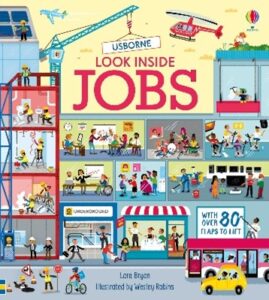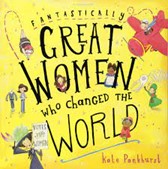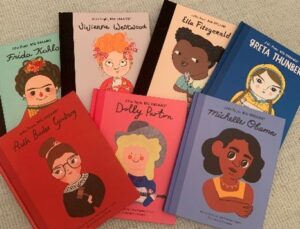
Careers guidance in schools: what about year 7?
By Anna Hall
We have all spent the last few years, since the introduction of the Gatsby Benchmarks in 2017, ensuring that our year 8 and 9s (similar to our year 10 and 11s) get a good deal when it comes to careers education. Introducing them to their KS4 subject options, and what it could mean for their future, is the obvious way in for the older KS3 year groups. But what about year 7?
Why?
On 16th June 2021, Mark Jenkinson presented the Education (Careers Guidance in Schools) Bill which extended the requirements to provide careers guidance to children in year 7 too. For us in John Hanson, this is welcome news as we strongly believe that careers education should be discreetly implemented across the curriculum for all age groups.
It is so important for our young people to start thinking about their futures from a young age. If we leave it all until KS4, then how will they hear about all of the exciting and diverse roles and opportunities available to them? Schools have many other priorities on time, so I truly believe that little and often with careers education is the way forward rather than squeezing it all in during years 9-11.
How?
National events like National Careers Week and National Apprenticeship Week are a perfect way in for all year groups. For these big events, there are lots of shared resources out there so you don’t have to reinvent the wheel.
Assemblies during these national weeks can also be very good at getting all year groups involved. Thinking outside the box and playing to your staff strengths is key to this. For National Careers Week in March, I had my year 7s in mind when I planned my assembly. I’m an English teacher so books are my strength, and so I got the attention of my students through a series of books.



What each of these books have in common is that they can draw students in. Students can choose their favourite ones and get an insight into a wide variety of career pathways. It wasn’t just my year 7s who enjoyed this assembly – for the first time ever (I’ve been delivering assemblies for 14 years) a year 11 boy on gate duty thanked me for my thought-provoking assembly.
Possibly your best resource is the students themselves. During student voice activities, ask them what areas they are interested in. By knowing this early on in their school life, over their 5 years you should be able to provide them with a varied diet of job sectors through your links with local colleges, employers and your alumni (see my previous article about how to build an alumni).
You will know your students best – and if you don’t yet know what they are already getting with regards to cross-curricular careers education, I’d suggest your first port of call is to complete a careers audit.
At John Hanson, we’re lucky in that our careers education comes under our PSHE curriculum. We map our curriculum using the PSHE Association’s Learning Objectives so we know where our strengths and weaknesses are within our discreet careers lessons, and across the curriculum. Getting heads of faculty on board to do this isn’t easy, but given a long deadline and explanation, most will see the benefit for the children and complete it well.
Likewise, getting faculty heads to create careers displays in their subject areas and deliver assemblies on their subjects’ relevance to the world of work can be really powerful because you are tapping into the wealth of experience your staff have of various career sectors.
Where?
It’s really important to take some of the workload away and share. I’ve found each of these tools really helpful in my journey as Careers Leader:
- https://www.thecdi.net/Home
- https://enterprisem3.org.uk/
- https://pshe-association.org.uk/
- https://www.stem.org.uk/resources/community/collection/458146/careers-posters
- Careers Leaders UK on Facebook has so many useful resources too.
Making links with local post-18 providers often provides ways to engage students lower down the school too. For example, the University of Winchester has always been a great link for us. In the past, pre-Covid, they ran on site campus days and delivered ‘futures’ sessions. They’ve since created resources for us with video recordings of students talking about their courses. They’ve even delivered reading intervention sessions in order to bridge the gap between the younger students and what appears to be the scary prospect of universities and their staff. This early intervention work really helps to gain the confidence of our youngest students as it becomes normal for them to meet with people and think about life beyond school.
As school leaders we thrive to create a balanced and broad curriculum that prepares our students for the wider world. The world of work is part of this. In my opinion, the sooner we start them thinking about this the better.
